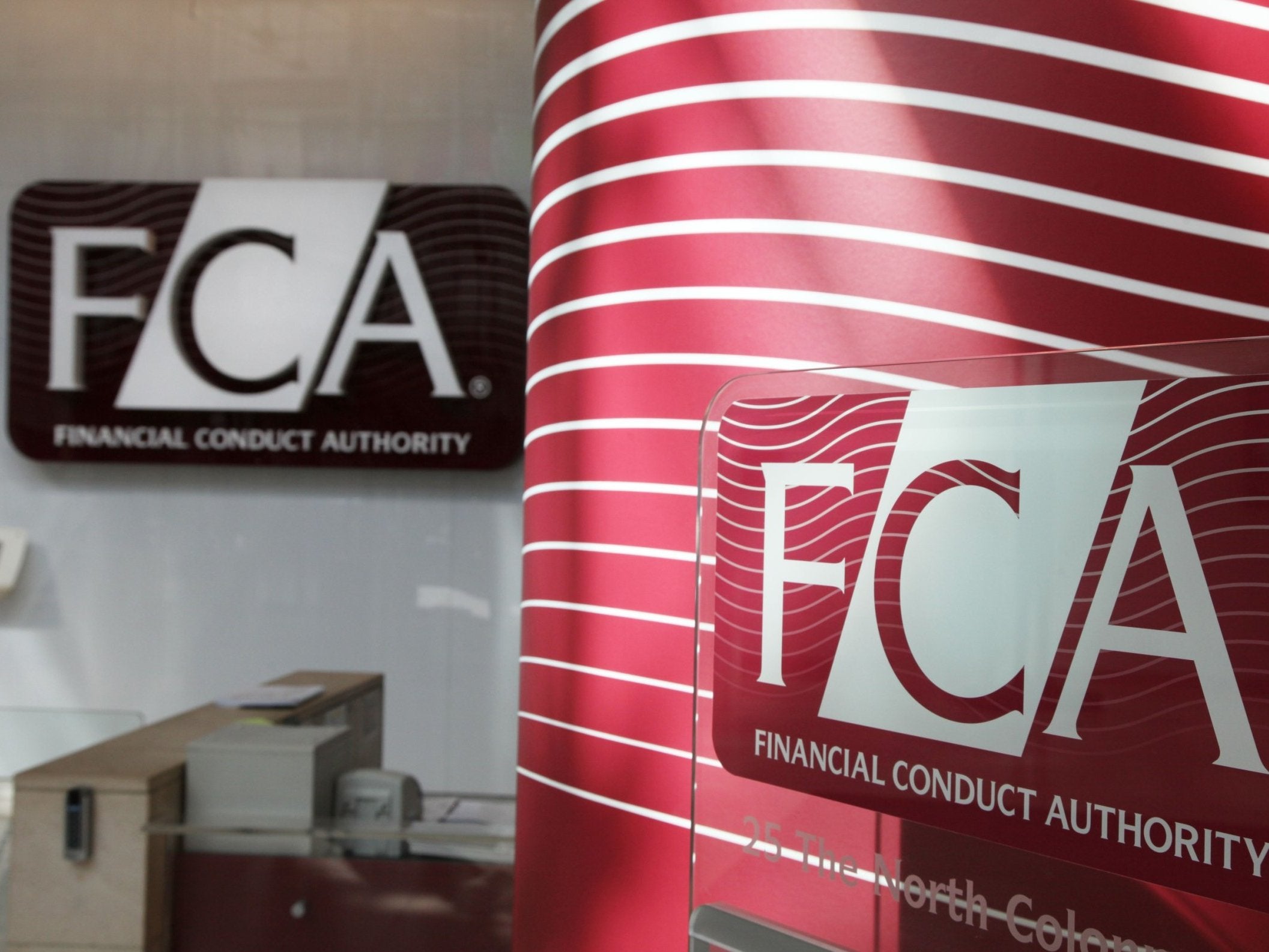£197m a year: the growing cost of investment scams
None of us really believe it could happen to us

Britons lost almost £200m to scammers in 2018 alone, the UK’s financial regulator has warned, amid concerns consumers still don’t believe it could ever happen to them.
The average loss to fraudsters was £29,000, as they use increasingly complex and convincing techniques – including sophisticated use of social media including Facebook and Instagram, as well as emails – the Financial Conduct Authority (FCA) warned this week.
“The latest figures from the FCA suggest that investment scams are becoming increasingly sophisticated, as many of the companies set up by scammers can look very legitimate with professional-looking websites and convincing emails,” said Andrew Johnson, advice manager at the Single Financial Guidance Body.
As peak investment scam season approaches at the end of the tax year, the FCA, working with Action Fraud, revealed the most common deception reported to the authorities involve shares and bonds, Forex (foreign exchange market) and cryptocurrencies.
“For many people, telling the difference between a potential scam and a genuine regulated investment can be really difficult. The power of technology has led to more sophisticated techniques, meaning that even astute investors could find themselves a victim,” said Jane Goodland, corporate affairs director at financial services company Quilter.
‘Truly shocking’
At £29,000, the average loss to fraudsters is almost five times the annual amount saved into a typical Isa. The total lost over the year was the equivalent of 70p for every £100 currently held in stocks and shares Isas.
“Fraudsters have chameleon-like behaviour, adept at changing to present themselves as the genuine article,” Aegon’s head of master trust, Kate Smith, said.
“They’ll say and do whatever gets them what they want, making it difficult to spot them. That why it’s so important that people question what’s being presented to them and ultimately seek impartial advice.
“In truth the real cost is not only the £197m lost by victims of fraud, but the untold amount of investment growth that potential investors forego because they fear being scammed or don’t feel able to discern legitimate investment opportunities from the fakes,” Ms Goodland warned. “Investment scams damage public trust in financial services as a result.”
Although fraudsters are becoming increasingly sophisticated, the figures also highlighted a critical gap in basic financial education and confidence.
“Too few people are comfortable with personal finance basics and that means we are vulnerable to making poor choices, including falling for an investment scam. Improving levels of financial literacy through financial education in schools will help give consumers the confidence and knowledge to spot a scam themselves,” Ms Goodland said.
Targeting the elderly
“These latest investment scam figures are truly shocking. The crooks behind these schemes have a habit of targeting elderly and vulnerable people, stealing vast sums of money and often leaving their victims facing destitution,” said Tom Selby, a senior analyst at investment firm AJ Bell.
“While the government has taken an important step in tackling fraud by banning pensions cold-calling, these figures suggest extending the clampdown to include investments could be necessary to further protect savers.
“However, the reality is scammers’ tactics are already evolving, with increasing numbers of people targeted online via social media. A cold-calling ban would have little impact on this part of the market.”
Taking responsibility
“Clearly the internet is vast, and policing its content has proven an impossible task for governments worldwide so far,” Mr Selby said. “Ultimately the giant internet and social media companies being used as a conduit for fraud activity need to step up and take greater responsibility for the safety of their users.
“That said, the best way to protect people from scams is to arm them with the tools to protect themselves. The FCA’s ScamSmart campaign has been hugely successful in building awareness to date.
“It is crucial all parts of the industry build on this success by providing savers with the information and help they need to make sensible investment decisions.”
How not to be a victim
“Prevention is the best form of protection. Be suspicious of any company that downplays the risks of your investment, such as offering unrealistically high returns often with little or no risk,” said Mr Johnson.
Other warning signs include being contacted out of the blue or pressured into making quick a decision. Check the FCA register to see if the firm or individual is registered. Using an unauthorised firm will mean losing valuable protection should things go wrong. Experts urge wouldbe investors to seriously consider seeking independent financial advice before investing any amount.
Join our commenting forum
Join thought-provoking conversations, follow other Independent readers and see their replies
Comments
Bookmark popover
Removed from bookmarks